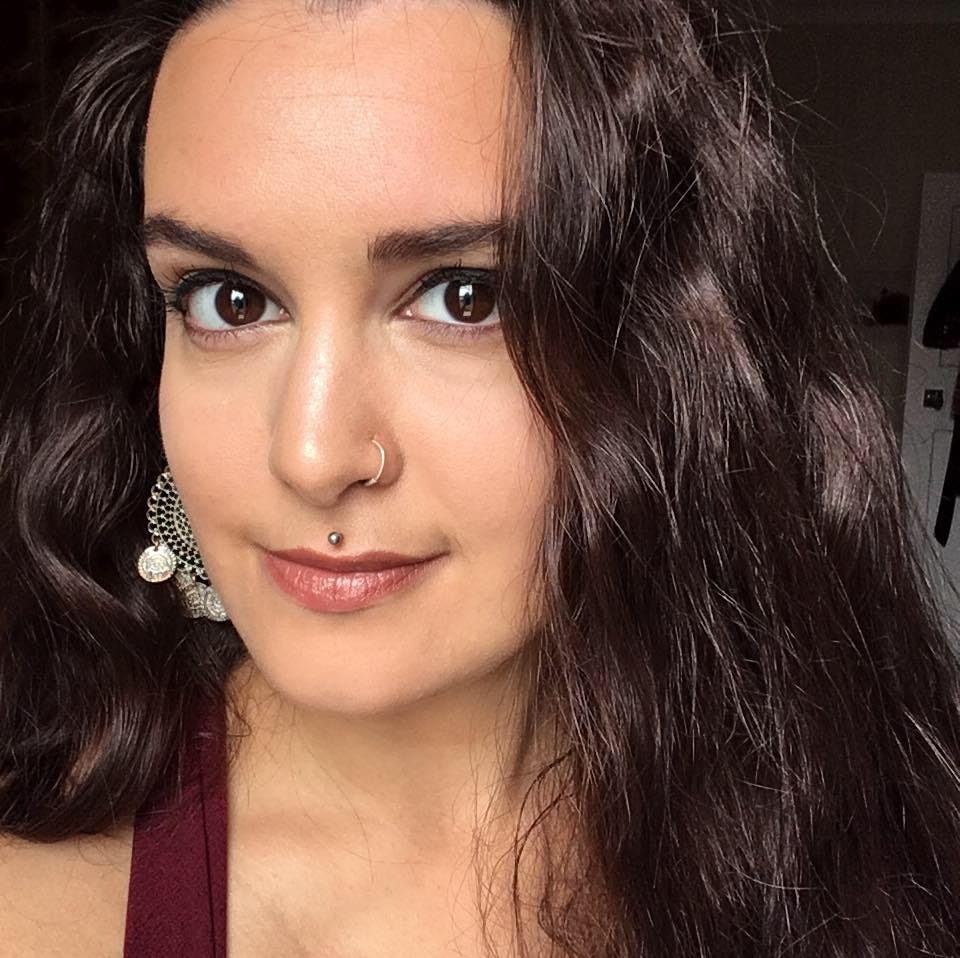Mina Moriarty: “I’ve felt alienated by both sides of my heritage”
The creator on how place affects your sense of self, mixed representation and not looking like her family
Hi, welcome back to Mixed Messages! This week I’m speaking to Mina Moriarty, better known on TikTok to her 329k followers as @historyho101. Mina’s videos share the horniest, hairiest and most unhygienic stories from the 18th century, including spotlighting mixed-race families through history. I was excited to explore Mina’s mixed-Indian and white herita…


